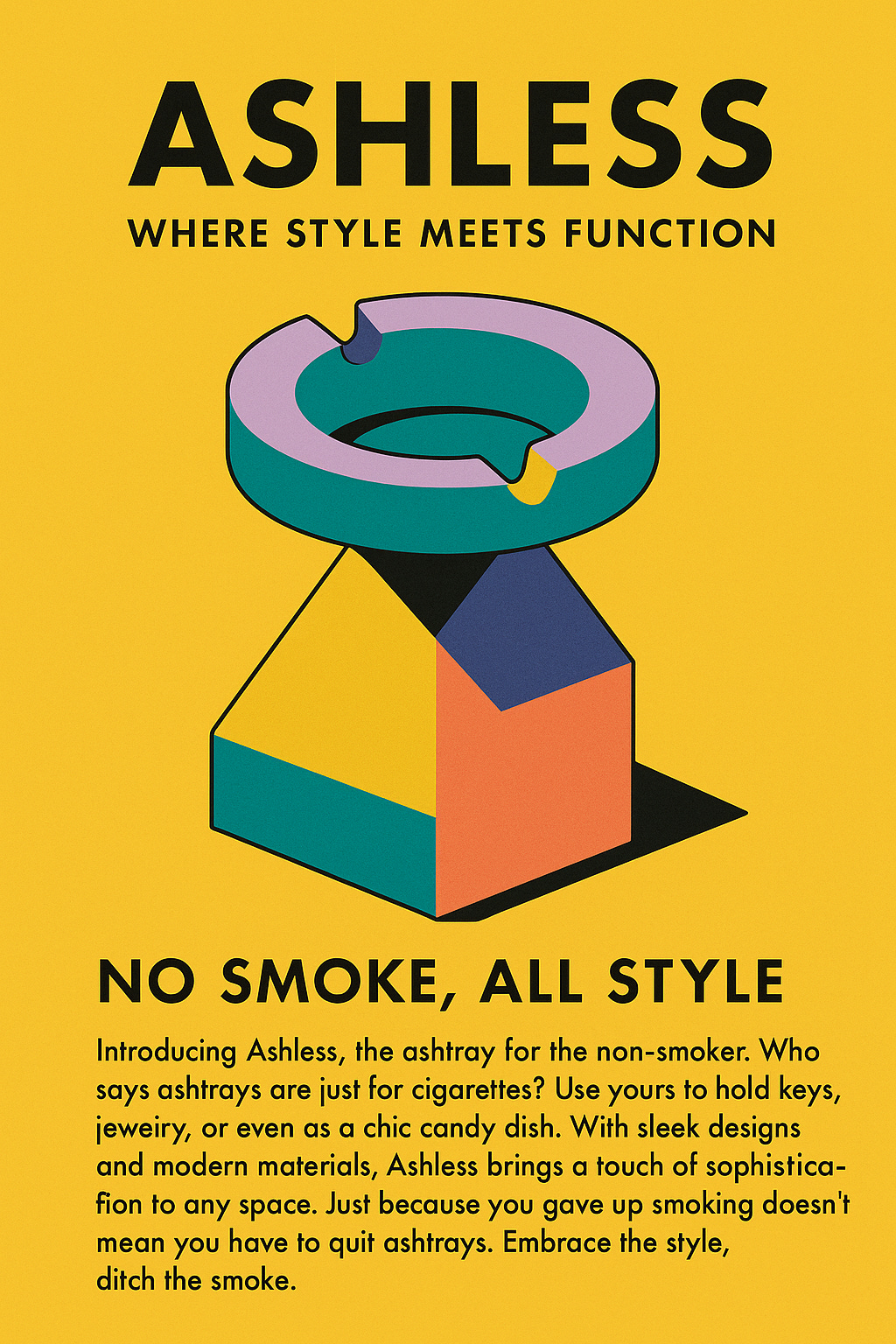The Opposite of Curiosity is Obedience
Why They Want Your Obedience (And How Your Curiosity Can Save You)
Kids get it. They ask “why” until adults sigh. But as we grow older, we’re conditioned to obey, not question. Why? Systems crave control. Curiosity disrupts that. It’s why history’s innovators were troublemakers. They didn’t obey; they wondered. That’s the danger, and it’s why curiosity gets crushed.
"Curiosity is insubordination in its purest form."
—Vladimir Nabokov
Curiosity might look innocent. But when it’s genuine, raw, authentic, and personal, it’s downright dangerous. Because curiosity causes chaos; because it questions the rules of order.
And obedience hates that.
It’s easy to see obedience as the opposite of rebellion. But look closer: rebellion reacts to power. Curiosity ignores it altogether. It asks its own questions.
Curiosity charts its own course. The personal agency attached to curiosity makes it way more powerful than rebellion.
Obedience wants compliance.
Curiosity demands clarity.
It’s no wonder why curiosity gets crushed, shamed, or banned, especially when it threatens systems built on obedience.
When was (and where were you) the last time you felt like your curiosity was being crushed?
When was (and where were you) the last time you felt your curiosity was on fire?
Can you tell the difference?

Why Curiosity Gets Crushed
The world doesn’t hate curiosity because it’s childish. It fears curiosity because it’s contagious.
I was encouraged to cancel a “What If… Conference” on a college campus, have had a book banned on Amazon and a course removed from a learning platform not based on any specific content, but for encouraging groups to get curious about any topic.
Once someone asks “What if…?” out loud, others start wondering, too. And when people wonder, they stop accepting. They start seeing cracks in the stories they were told. Stories that keep them in line. At work. At school. In society.
Obedience builds empires.
Curiosity questions them.
We all know history’s most unjust systems such as authoritarian regimes, cults, and corrupt corporations, don’t just suppress dissent; they silence curiosity before it can even form.
But we often overlook how incurious other systems such as public education, public health, medicine, and academia have become lately. They, too, have worked to silence curiosity before it can even form.
They replace questions with commands, and exploration with punishment. Things like, “Do your own research” become terms to mock rather than encourage and questioning expert consensus is now often dismissed as conspiracy thinking rather than healthy skepticism.

Isn’t Critical Thinking Obedience’s Real Threat?
Without curiosity, critical thinking has no direction. No reason to engage. No spark to start the engine. You don’t think critically until you wonder something. Until you feel that pull of what neuroscientist George Loewenstein calls cognitive incongruity between what you know and what you sense could be true.
I’ve spent years exploring the incredible power of curiosity, from classrooms in Macedonia with limited resources to boardrooms buzzing with innovation. And a core truth I’ve bumped into, again and again, is this: genuine, raw curiosity is our most powerful antidote to blind obedience.
Curiosity-Based Thinking: Your Rebel Toolkit
Here’s where Curiosity-Based Thinking comes in as a four-step rebellion: Curiosity, Discovery, Reframing, Creation.
Start with a “what if”—say, “What if I didn’t follow blindly?”
Then dig into why things are that way (Discovery).
Reframe it: “What if this rule’s nonsense?”
Then create: tweak something and see. Try it: next dull task, ask, “What if I did this like a screaming hairy armadillo?” Research its quirks, reframe your approach, and act.
Obedience? Out the window.
Consider the very first step of the Curiosity-Based Thinking Methodology: Curiosity. It starts as simply as asking "what if...?" questions about something familiar, even boring.
What if you approached your morning commute like your favorite animal?
How would you describe your most tedious task to an alien in one sentence?
These aren't just whimsical exercises. They are designed to create what we call "intermediate levels of cognitive incongruity," or that sweet spot where what you think you know bumps up against new information, sparking that desire to learn more.
This initial spark then leads to Discovery, the second step, where you actively seek out new information or dive down those rabbit holes your curiosity just dug. An obedient mind rarely gets to the discovery phase because it hasn't been encouraged to ask the initial question.
You can also work out your anti-obedience muscle with this micro-dose of Curiosity-Based Thinking:
Take any rule or assumption in your day—“That’s just the way it is”—and ask:
What if that weren’t true?
What if it used to be true, but no longer is?
Who benefits from it being true? Who doesn’t?
Then take one small action to explore your answer. Google a counter-opinion. Ask someone who disagrees. Try doing something the “wrong” way.
Obedience expects compliance. Curiosity creates conversation.
And conversations create change.
I’m curious what conversations your curiosity are going to create today?
The systems around us want efficiency, predictability, and control. Curiosity complicates that. It slows things down. It asks questions that can’t be answered quickly… or ever.
But that’s exactly why we need it.
When you stop obeying long enough to wonder, you don’t just disrupt the system. You redesign it.
Stay curious!
Matt
Did this article scare you? Never fear!
Brave Curiosity
Fear doesn’t always vanish when we ignore it… or even when we face it. But it does begin to loosen its grip when we get curious about it.



